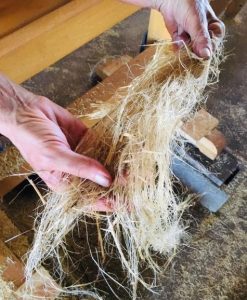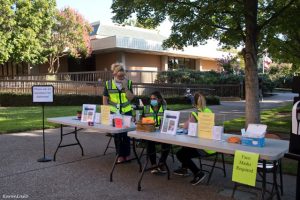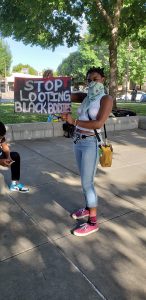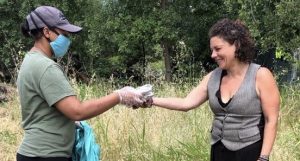
by Dave Waddell
Just one month before the horrendous 2018 Camp Fire, Butte County District Attorney Mike Ramsey freelanced a money deal with Pacific Gas & Electric Co. that allowed PG&E to escape a criminal charge for its negligence in starting the 2017 Honey Fire that threatened Paradise.
PG&E’s extreme desire to avoid a criminal charge in Butte County – and Ramsey’s willingness to play along – was motivated by the company’s desire to avoid violating terms of its federal probation for the 2010 pipeline explosion in San Bruno that killed eight people.





